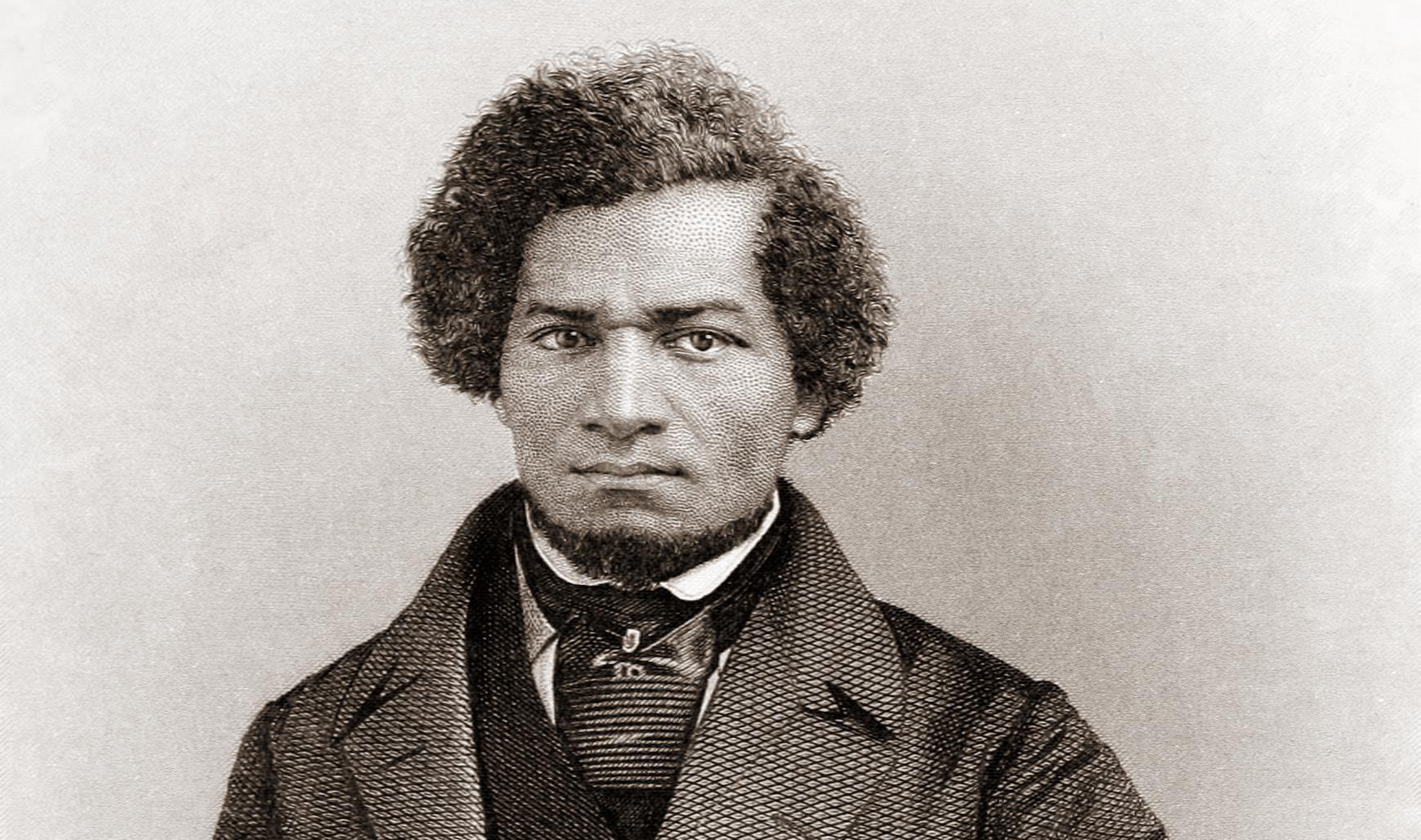
Adam Smith in the Shadow of Thucydides
The Wealth of Nations is a signal achievement of the Enlightenment, so it is worth recognizing the profound role of Smith’s classical learning in its organization.
Adam Smith started teaching at the age of 25 and in his 1748 Lectures on Rhetoric and Belles Lettres, he recommends Thucydides to his students. Thucydides, he told them, was “a calm sedate man” which allowed him, though an Athenian general, to analytically examine Athens’s disastrous war against Sparta. There is, Smith told the class, “no author who has more distinctly explained the causes of events than Thucydides.”
In just the opening pages of The Peloponnesian War, Thucydides lists geography, capital, and architecture as relevant causes of the war. Smith praises this focus on “external causes,” like the “nature of the Ground, the weather” rather than “internal causes,” the appropriation of events in the minds of the actors. Thucydides’ method meant that “posterity may learn how to produce the like events or shun others.” Smith adopts this approach in his 1776 An Inquiry into the Nature and Causes of the Wealth of Nations. New readers are often surprised to learn that so much of the book focuses on the impact of geography, war, and belief systems on economic development.
The Wealth of Nations is a signal achievement of the Enlightenment, so it is worth recognizing the profound role of Smith’s classical learning in its organization. Another accomplishment of Enlightenment humanism is Smith’s 1759 The Theory of Moral Sentiments. Impressively, The Peloponnesian War structures that book, too. Specifically, Thucydides posed a knotty challenge to Smith. Smith’s moral theory rests on the authority of the impartial spectator, but Thucydides vividly described how war excited factionalism, which caused brutality to sweep aside the judicious. An eyewitness to the war, Thucydides attests that “in this contest the blunter wits were most successful.” Ultimately, Smith’s rejoinder turns on the character of capital.
The Spectator
The heart of moral order, the impartial spectator, is a repository of sentiment that testifies to the worth of actions. It powers the imagination to role-play the lives of those involved with events. This role-play is what Smith means by an ethics of sympathy: “Sympathy, however, cannot, in any sense, be regarded as a selfish principle… I consider what I should suffer if I was really you, and I not only change circumstances with you, but I change persons and characters.” To capture its potency and vulnerability, Smith describes the spectator as a demi-god.
He credits The Peloponnesian War with shoring up the spectator’s authority for that book was designed, he tells his students, “to soften and humanize.” The direct, detailed writing about the events of the Athenian retreat from Syracuse, for example, “left the Reader to frame an idea of the deep concern and affliction they must have been in.” Thucydides excels, Smith says, because his writing generates sympathy, channeling the reader’s attention “as it were into the very circumstances of the actors, we feel for them as it were for ourselves.”
Thucydides also taught Smith about the spectator’s vulnerability. The Peloponnesian War depicts, Smith relays, the adversary of a city wanting to “extirpate all its enemies” and failing that, to sell the population into slavery. Revolutions were common, and factional slaughter ripped households apart. Thucydides describes a political environment where “even blood became a weaker tie than party” and “death thus raged in every shape.” With the institution of the family corrupted, Greece was gripped by existential crisis, with “hopelessness of a permanent state of things.”
Capital
Smith cites Thucydides in four of his five books. Nonetheless, they disagree about capital and its effects. Smith is apt to cite the Greek word for heirlooms as an equivalent of capital. Thucydides stressed the importance of capital to success in war, arguing that Athens lost the war because it overestimated the capital at its disposal. He also claims that the turning point in the war was when the Spartans adopted Alcibiades’ idea of a permanent fort at Decelea. Switching sides, Alcibiades told the Spartans that if they fortified Decelea – only 12 miles from Athens – and sent out constant sorties, they would soon ruin farming and sap Athens of capital. The strategy worked. Absorbing the lesson in The Wealth of Nations, Smith contends that capital is required for firearms, the only way for civilized nations to best poor peoples.
The Peloponnesian War is a metaphysical work. For Thucydides, the primordial cause of war is the antagonism between land and sea. Sparta is an exemplar of an oligarchic military land power, Athens a democratic commercial sea power. Relatedly, the root cause of faction is capital. Thucydides: “The goodness of the land favored the enrichment of particular individuals, and thus created faction, which proved a fertile source of ruin.” War triggered, the logic of faction played out, with “struggles being everywhere made by the popular leaders to bring in the Athenians, and by the oligarchs to introduce the Spartans.”
Subversion afoot and establishment eroded, “oaths held only until a better weapon was on hand.” War, argues Thucydides, is “a rough master that brings most men’s characters to a level with their fortunes,” with “better sentiments” only possible when people are not “confronted with imperious necessities.” Faction even corrupts moral language. Thucydides reports that during the war “words had to change their ordinary meaning and to take that which was now given them.” So “prudent hesitation” became “specious cowardice,” and moderation was held to be “a cloak for unmanliness.” Factions made “the party caprice of the moment their only standard” in order “to glut the animosities of the hour.”
The logic of capital, thinks Thucydides, makes faction our fate and compels all to learn the lesson of the Melian Dialogue. Athens warned Melos: “since you know as well as we do that right, as the world goes, is only in question between equals in power, while the strong do what they can and the weak suffer what they must.” Without institutional order, there is no justice. The core of moral positivism is the claim that power, or establishment, sets morals. Thomas Hobbes spent half a decade translating The Peloponnesian War and took its central metaphysical contention to heart. Smith rejected the positivism of Hobbes, the claim that “the very ideas of laudable and blamable, ought to be the same with those of obedience and disobedience.”
Smith’s Rejoinder
Smith grants the grimness of faction, but he describes its phenomenology carefully. Faction makes few those “who preserve their judgement untainted by the general contagion.” “A true party-man hates and despises candour” with the consequence that “the real, revered, and impartial spectator, therefore, is, upon no occasion, at a greater distance than amidst the violence and rage of contending parties.” Note that Smith says the impartial spectator is pushed away to a distance, not that it evaporates without institutional support.
Capital is a function of an astounding human quality. Smith:
As the delicacy of a man’s body requires much greater provision than that of any other animal, the same or rather the much greater delicacy of his mind requires a still greater provision, to which all the different arts are subservient. Man is the only animal who is possessed of such a nicety that the very colour of an object hurts him.
On one hand, the spirited man wants to shine in the city. Smith takes this idea from Thucydides, who, says Smith, understood that even the treason of Alcibiades might at least be comprehended, since the spirited cannot stand equals in his own society. The appetite to shine is why “foreign war and civil faction are the two situations which afford the most splendid opportunities for the display of public spirit.” On the other hand, carnage is repugnant to our aesthetic sensibility. The refinement of the arts and sciences made possible by capital means that faction will always be resisted under pressure from the appetite for beauty. Capital has the effect of enlarging our sensibilities and imagination, lifting us above immediate and violent passions. To support his moral realism, Smith gives a vivid example of autonomous moral order:
To the man who first saw an inhuman murder, committed from avarice, envy, or unjust resentment, and upon one too that loved and trusted the murderer, who beheld the last agonies of the dying person, who heard him, with his expiring breath, complain more of the perfidy and ingratitude of his false friend, than of the violence that had been done to him, there could be no occasion, in order to conceive how horrible such an action was, that he should reflect… His detestation of this crime, it is evident, would arise instantaneously and antecedent to his having formed to himself any such general rule.
Our aversion to betrayal, its motivations and mutilations, is not contingent upon establishment. The impartial spectator is a primitive repository of sentiment that makes plain a core range of attractive and aversive values. Both Smith and Thucydides had a conservative cast of mind. For Thucydides, faction is existential: if the establishment is subverted, there is chaos. Between order and chaos, Smith places an axiology that acts in times of faction much like the prophets of old emerging from the desert calling for repentance. Despite the churn it can cause, capital is the emissary of the impartial spectator.
Graham McAleer is a lay member of the Judicial Ethics Committee of the State of Maryland and author, most recently, of Tolkien, Philosopher of War (CUA Press, 2024).
.jpeg)
The False Equivalence of Multicultural Day
Parents have an affirmative obligation to reinforce patriotic values and counter the narratives that are taught in school.

Norman Podhoretz: American Patriot, Faithful Jew, and Indomitable Defender of Civilization
Podhoretz never turned on the promise of America.

America’s Roundabout Revolution
Increased implementation of the roundabout would prove beneficial to the United States.
Get the Civitas Outlook daily digest, plus new research and events.









